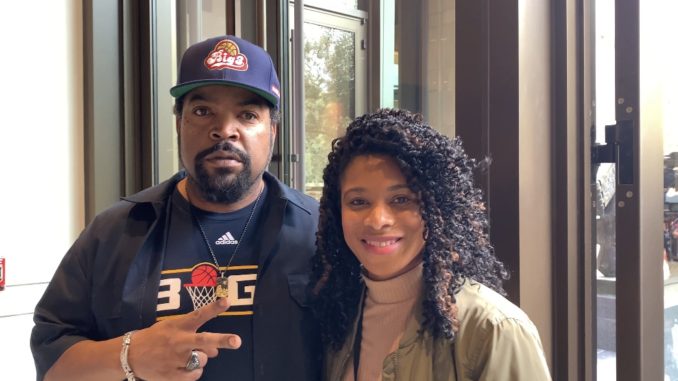
On the cusp of the tech industry being burdened by rising inflation and interest rates, Square shocked the hip hop and investor community when earlier this week the Fintech company acquired Tidal, a nearly 7-year-old streaming music platform led by recording artist and business mogul Sean “Jay-Z” Carter. Tidal artists, including the likes of Lil Wayne, T.I. and Kanye West, who held a stake in the company will continue to be shareholders, earning a reported $8.9 million each from the sell. Square’s Jesse Dorogusker will lead Tidal as head exec.
Jay-Z is definitely playing chess (or Monopoly). Although Tidal will no longer be a fully Black-owned company, Jay-Z is certainly benefitting from its sell. His net worth has increased from $1 billion to over $1.4 billion, according to counting pockets publication Forbes. The self-made billionaire sold Tidal for a whopping $297 million after he bought back 33 percent from T-Mobile and added it to his share to sell to Square. The deal comes off the heels of Jay-Z selling half of his champagne brand, Armand de Brignac, valued at more than half a billion to LVMH.
While hip hop detractors are criticizing the former Marcy Projects resident, Jay-Z isn’t bothered — he’s richer. One look into his portfolio and it reveals that he has plenty of smart brands that are worth millions. His pockets consist of having ownership of his music, the very thing that started him on the path to riches, D’Usse cognac, live entertainment company Roc Nation, and a bunch of investments in art, real estate, and Gen Z companies (Uber, SpaceX, Oatly, Sweetgreen, and Ethos).
Founded in 2014, Tidal started off as a Black-owned venture that empowered music artists to cut the middle man and monetize from their discographies. Tidal, an acquisition that cost Jay-Z a reported $56 million, would offer high-quality audio, along with exclusive content from artists such as Beyonce, Rihanna and Kanye West. However, the marketing strategy did not fair too well against competitors Spotify, Apple Music, and Amazon.
Spotify has held the no. 1 spot in streaming music at 35 percent, according to the Statista Research Department. The rest of market share went to Apple Music at 19 percent, Amazon at 15 percent, Tencent at 11 percent, and YouTube at 6 percent. Tidal reportedly had about 5 percent of the market — this could be attributed to potential customers resisting, yet again, another subscription service.
Similar to the voluminous amount of music artists that are available today, content and entertainment offerings are bogged down with options, and while this is good for a fair and equal market, it’s bad for business when it comes to monopolizing even a small portion of an already saturated industry. It’s business 101 — the more supply there is, the less the demand. However, as Jay-Z has figured out and proven so well over the years, there’s ways to use saturated markets to catapult other money-making initiatives in non-related sectors. Ya heard?
Created by Twitter co-founder Jack Dorsey, Square is reputable for innovating in the finance and technology spaces. Square has dabbled in areas that assist the everyday merchant to establish effective and efficient means of conducting business, including payroll management, cashless payment apps, other cashflow management resources, and finally, embarking on the bitcoin, business capital, and personal loan sectors. The buyout is especially strategic for Dorsey’s Square because it hands the company a new untapped demographic of potential clients and customers, while leading to money-making innovation in the music industry.




1 Trackback / Pingback
Comments are closed.